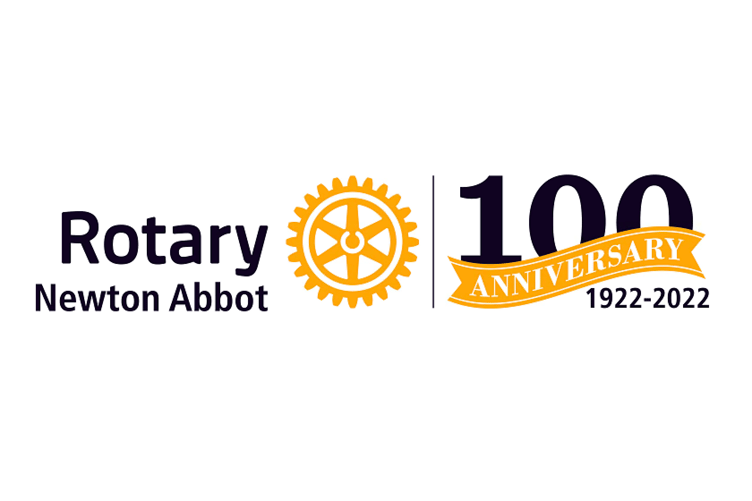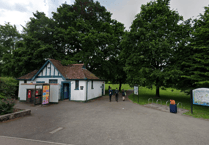Rotary started with the vision of one man Chicago attorney Paul P Harris formed the first Rotary Club on February 23, 1905, with three friends, Silvester Schiele, coal merchant, Gustave E Loehr, mining engineer and Hiram E Shorey, a tailor.
They discussed the idea of forming an organisation for local professionals, meeting in different offices (hence rotating venues …. Rotary) to enjoy fellowship, networking, and charitable works for the needy of their city and their neighbours.
The National Association of Rotary Clubs was formed in 1910.
In 1922, because branches had been formed in six continents, the name was changed to Rotary International. It is now the world’s largest service organisation, with some 1.2 million members operating in 220 countries worldwide.
From the minute books of the Rotary Club of Newton Abbot, many facts can be selected as part of its history, but the casual reader is likely to find it more interesting if those facts are woven into the fabric of our town’s past and present.
Writing this in 2022 a century has passed since 1922 when the club was created and there is little need to remind us of the extent society has been transformed in that time.
Newton Abbot Rotarians are now men and women who work in the town and surrounding district, and they have experienced in their businesses and professions the full effect of those changes.
Many members in the early years, and in the decade or so after the second world war, were recruited from shops and offices flourishing in the town centre.
A walk then, from the railway station to St Leonards Tower, would have taken one past a great many shops and offices whose owners or managers enthusiastically joined in the social and business life of the town and of the Rotary Club.
Most of those smaller and personal businesses have disappeared from our main streets and Rotarians in Newton Abbot are now from a wider spectrum and include those in occupations not dreamed of in 1922.
For those with long memories, five or six men’s outfitters can be recalled, radios were repaired in the back workshops, several jewellery shops, three cinemas, a bicycle repair shop, and a petrol pump in the middle of Queen Street.
A couple of rooms on a first floor there housed a Rotarian and a small accountancy firm that now has six or seven large offices throughout the Southwest.
Newton Abbot boasted six banks and each bank housed a bank manager.
All this was fertile ground and many in those businesses joined the Rotary Club so that their customers, usually seen across the counter or office desk, could meet as friends; fellow traders could discuss town developments: Rotarians could combine to provide a helping hand in the charitable work which formed a significant part of their activities.
Continuity with those Newtonians from 50 or 100 years ago remain since present-day Rotarians join for just the same reasons even if fewer are from the same venues.
Not only were those past Rotarians able to indulge in a lunchtime meeting of one-and-a-half hours, but they were all men!
Much civic and charitable benefit for the town flowed from their association but the tide of 20th century equality and feminism did not reach the Rotary movement until as late as the 1980s.
Newton Abbot Rotarians embraced the idea of recruiting women members soon after the movement opened its doors to them and today men and women share equally in the aspirations of this local club.
And the extended lunchtime meetings of yesteryear have been replaced by the more work-friendly hour of 6.30pm.





Comments
This article has no comments yet. Be the first to leave a comment.